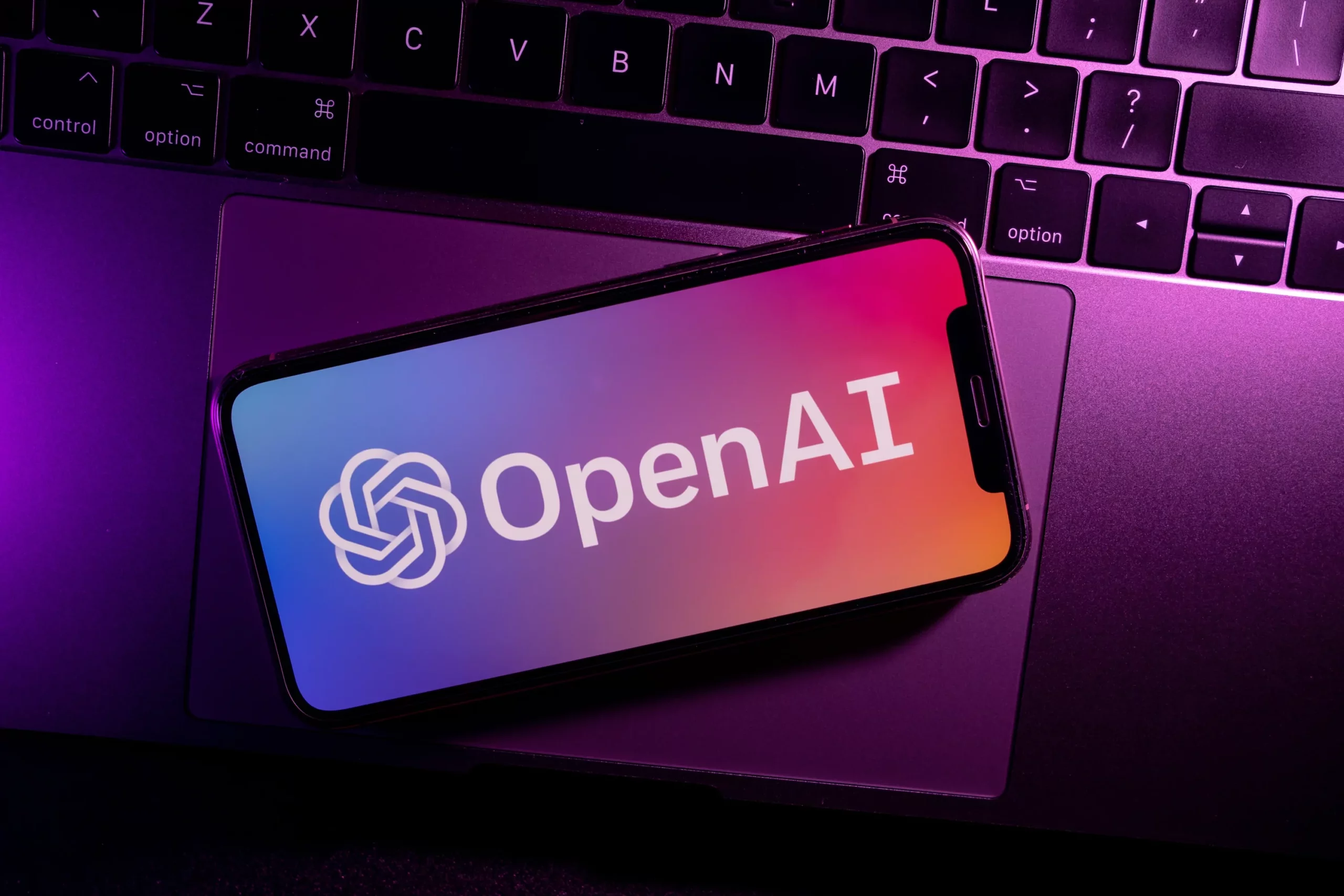
OpenAI, the prominent AI research lab and developer behind ChatGPT, has made headlines once again, this time for two significant security concerns. These issues have sparked debate about the company’s approach to cybersecurity, bringing both app-specific vulnerabilities and broader internal security practices into the spotlight.
Earlier this week, Pedro José Pereira Vieito, an engineer and Swift developer, conducted an analysis of the Mac ChatGPT app and discovered a critical security flaw. He found that the app was storing user conversations locally in plain text rather than encrypting them. This discovery has raised alarms about the security practices of one of the most influential AI companies in the world.
The ChatGPT Mac app is exclusively available from OpenAI’s website and is not listed on the Apple App Store. Consequently, it is not required to adhere to Apple’s strict sandboxing requirements. Sandboxing is a security mechanism that isolates applications to prevent potential vulnerabilities from spreading across the system. Without sandboxing, the ChatGPT Mac app had a significant security gap, allowing locally stored user conversations to be easily accessed by other apps or malware.
Following Vieito’s revelation, The Verge covered the exploit, bringing it to wider attention. In response to the outcry, OpenAI released an update that added encryption to locally stored chats, addressing the immediate vulnerability. However, the incident has cast a shadow over the company’s cybersecurity protocols and responsiveness to potential threats.
For those unfamiliar with the technical details, sandboxing is crucial for maintaining a secure operating environment. It ensures that any failures or vulnerabilities in one application do not affect others, effectively containing potential threats. Conversely, storing local files in plain text means that the data is unencrypted and can be easily accessed by other applications or malicious software, posing a significant risk to user privacy.
The second security issue dates back to 2023 but continues to have repercussions today. Last spring, a hacker managed to breach OpenAI’s internal messaging systems, obtaining sensitive information about the company. This breach exposed internal vulnerabilities and raised serious concerns about the robustness of OpenAI’s cybersecurity measures.
Leopold Aschenbrenner, a technical program manager at OpenAI, raised these concerns with the company’s board of directors. He argued that the hack indicated significant internal weaknesses that could be exploited by foreign adversaries. Aschenbrenner’s warnings, however, led to a controversial outcome.
According to The New York Times, Aschenbrenner claims he was fired for disclosing information about the hack and for raising security concerns. OpenAI, however, disputes these claims. A representative from the company stated, “While we share his commitment to building safe AGI, we disagree with many of the claims he has since made about our work,” and emphasized that his departure was not a result of whistleblowing.
| Issue | Description | Resolution | Implications |
|---|---|---|---|
| Mac App Vulnerability | User conversations stored in plain text | Encryption added in an update | Raised concerns about OpenAI’s app security practices |
| Internal Breach | Hackers accessed internal messaging systems | Ongoing scrutiny and public debate | Exposed potential internal security weaknesses |
- Pedro José Pereira Vieito found the Mac ChatGPT app stored conversations in plain text.
- The app is not available on the Apple App Store, bypassing sandboxing requirements.
- OpenAI quickly released an update to encrypt locally stored chats.
- In 2023, a hacker accessed OpenAI’s internal messaging systems.
- Leopold Aschenbrenner was allegedly fired for raising security concerns following the hack.
- OpenAI disputes Aschenbrenner’s claims, stating his exit was not due to whistleblowing.
App vulnerabilities and internal breaches are challenges that many tech companies face. However, these incidents are particularly concerning given the widespread adoption of ChatGPT and OpenAI’s ambitious goals in the field of artificial general intelligence (AGI). The revelations about OpenAI’s security practices have sparked debates about whether the company is equipped to handle the sensitive data it processes.
OpenAI’s rapid response to encrypt user data on the Mac ChatGPT app demonstrates its ability to address specific vulnerabilities quickly. However, the internal breach and subsequent whistleblower controversy highlight potential systemic issues that could have far-reaching implications.
Contentious relationships between whistleblowers and their employers are not uncommon in the tech industry. Whistleblowers often face significant personal and professional risks when exposing internal vulnerabilities or unethical practices. Companies, on the other hand, may push back against these claims to protect their reputation and operational integrity.
In Aschenbrenner’s case, the allegations of retaliation for raising security concerns bring attention to the broader issue of how companies handle internal dissent. While OpenAI denies that his firing was a result of whistleblowing, the situation underscores the need for transparent and robust mechanisms to address and resolve internal security concerns without penalizing employees.
The tech industry as a whole faces ongoing security challenges. Cyberattacks, data breaches, and vulnerabilities in software applications are persistent threats. Companies must continuously evolve their security practices to protect user data and maintain trust. OpenAI’s recent security issues serve as a reminder of the importance of proactive and comprehensive cybersecurity measures.
As OpenAI continues to develop and deploy advanced AI technologies, maintaining robust security practices will be critical. The company’s ability to safeguard user data and address internal vulnerabilities will significantly impact its reputation and user trust. Transparency in handling security incidents and a commitment to continuous improvement will be essential in navigating these challenges.
The dual security concerns—both the Mac app vulnerability and the internal breach—underscore the complex landscape that OpenAI operates within. While the company has demonstrated its capacity to respond to specific issues, the broader implications of these incidents will likely influence its approach to cybersecurity moving forward.
OpenAI’s recent security concerns highlight the intricate balance between innovation and security. The company’s swift response to encrypting user data on the Mac ChatGPT app is commendable, yet the internal breach and whistleblower allegations point to deeper challenges. As OpenAI advances its AI technologies, ensuring robust security measures and transparent handling of vulnerabilities will be pivotal in maintaining user trust and industry credibility.
